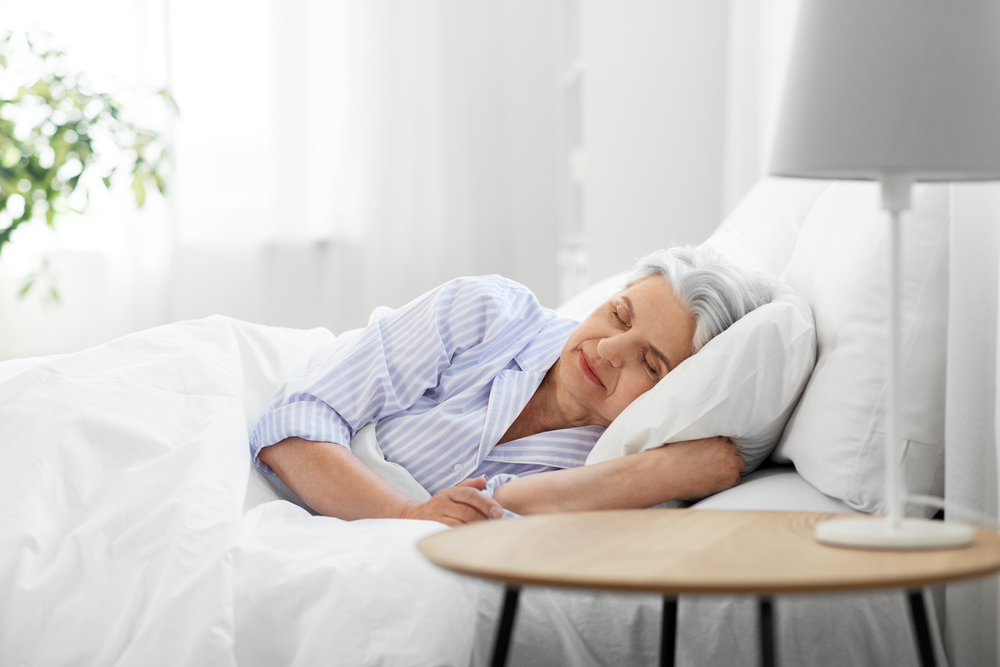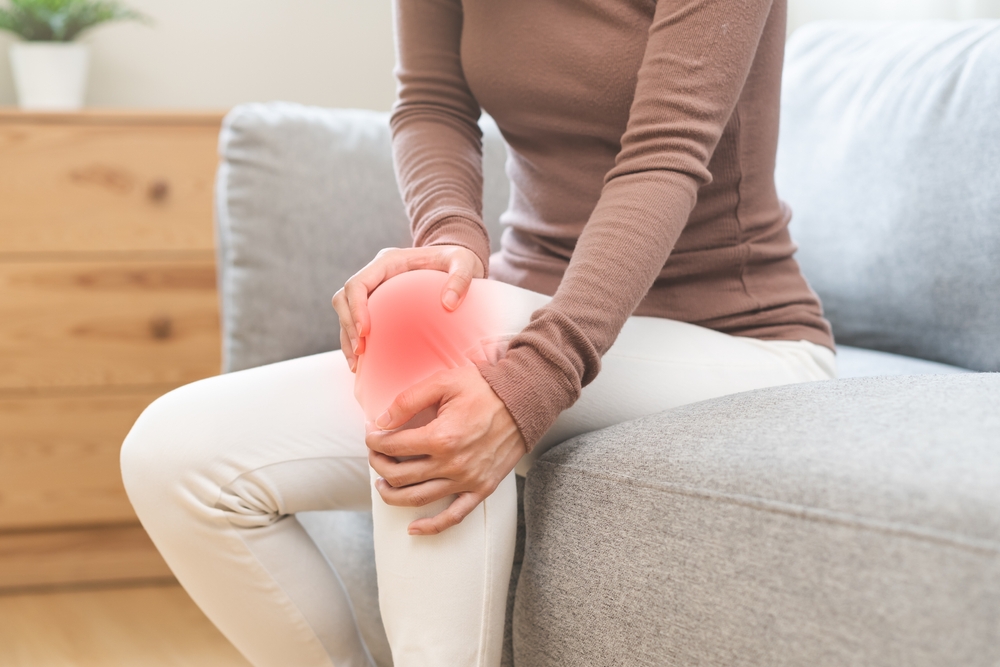As we age, changes in sleep patterns are common, such as shorter sleep durations, waking up earlier, or feeling fatigued earlier in the day. Quality sleep is crucial for maintaining health and well-being, and seniors typically need between 7 to 8 hours of sleep each night to feel rested and alert.
Many older adults struggle with sleep issues, with about half experiencing difficulty on some nights and more than a third relying on medication to help them sleep. These medications can lead to side effects such as urinary retention, constipation, and confusion. Some sleep aids may only extend sleep by a short time and may also have unwanted side effects.
To promote better and healthier sleep for seniors, consider these tips:
1. Stick to a consistent sleep schedule. Try to maintain the same sleep and wake times every day, including weekends and while traveling. Consistency helps regulate your body’s internal clock, making it easier to fall asleep and wake up naturally.
2. Limit evening beverages. Reduce fluid intake before bedtime to minimize nighttime bathroom visits that can disrupt sleep.
3. Avoid napping during the day. Mid-day naps can interfere with your sleep schedule and make it harder to fall asleep at night.
4. Turn off screens before bed. Avoid using phones or electronic devices at least 30 minutes before bedtime. The blue light from screens can suppress melatonin production, a hormone that regulates sleep, and can disrupt your sleep cycle.
5. Use “do not disturb” mode. If you keep your phone or device in your bedroom, set it to “do not disturb” to silence calls, messages, and notifications that might interrupt your sleep.
6. Take a warm shower. A warm shower before bed can help lower your body temperature afterward, promoting relaxation and making it easier to fall asleep.
7. Avoid alcohol and caffeine. Both alcohol and caffeine can disrupt sleep. Alcohol might cause you to wake up during the night, and caffeine can make it difficult to fall asleep initially.
Love them without losing yourself. The Boom Health app helps you manage your loved one’s home care in one app. Download the app from the App Store or Google Play Store.
This article is not intended to be a substitute for professional medical advice or diagnosis. Always seek the advice of your physician or another qualified health provider with any questions you may have regarding a medical condition.





